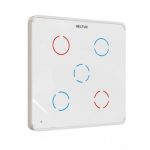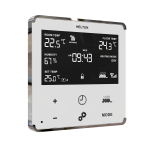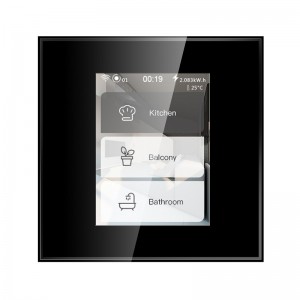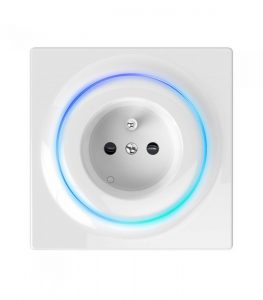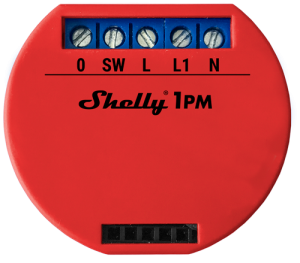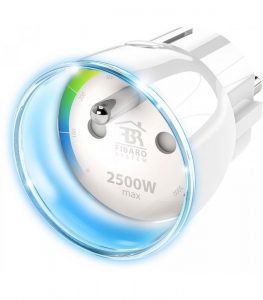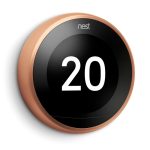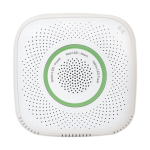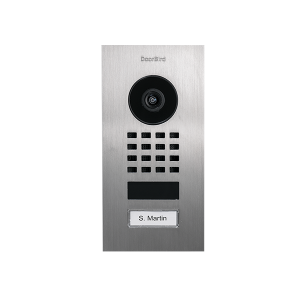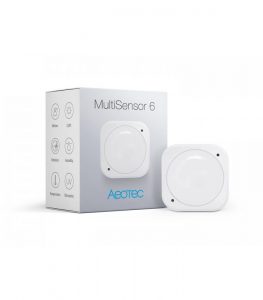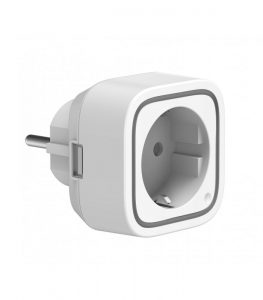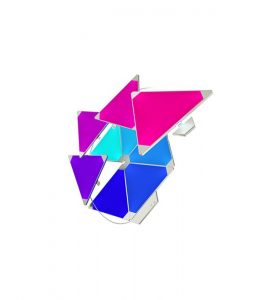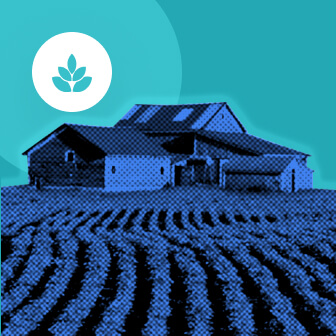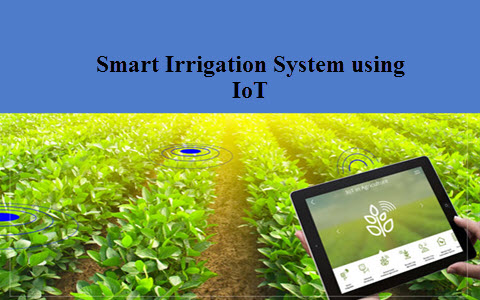Skip to navigation
Skip to content
- Akciový tovar
- Nové produkty v našom obchode
- Hlasoví asistenti
- Chladenie a tienenie
- Centrálne jednotky a ovládače
- Kúrenie
- Multimédia a Gadgety
- Voda a plyn
- Vypínače, relátka a svetlá
- Zabezpečenie domu a bytu
- Záhrada a meteostanice
- Zásuvky a merače energie
- Informácie
- Môj účet
- Články
- Cenová ponuka
- Smart home Wiki – všetko o inteligentnom bývaní
MENUMENU
- Všetky kategórie
-
-
Top Kategórie
-
Centrálne jednotky a ovládače
Kúrenie
Chladenie a tienenie
-
Zabezpečenie domu a bytu
Voda a plyn
Záhrada a meteostanice
Batérie
-
Vypínače, relátka a svetlá
Zásuvky a merače energie
Multimédia a Gadgety
-
-
- Vypínače a Zásuvky
- Kúrenie a Chladenie
- Zabezpečenie
- Osvetlenie
- Články
- Smart Wiki
-
-
-
Čo je Inteligentná domácnosť?
-
-
-
-
Smart Home technológie
-
Smart Home hlasoví asistenti
-
Smart Home cloud
-
-
-
Chytré vykurovanie
-
Chytré zabezpečenie
-
Chytrá bezpečnosť
-
-
- Nové produkty
- Zľavy
- Akciový tovar
- Nové produkty v našom obchode
- Hlasoví asistenti
- Chladenie a tienenie
- Centrálne jednotky a ovládače
- Kúrenie
- Multimédia a Gadgety
- Voda a plyn
- Vypínače, relátka a svetlá
- Zabezpečenie domu a bytu
- Záhrada a meteostanice
- Zásuvky a merače energie
- Informácie
- Môj účet
- Články
- Cenová ponuka
- Smart home Wiki – všetko o inteligentnom bývaní

